An odd couple in the same waters
The first ships for military use were built back in ancient times. Today, naval shipbuilding accounts for around a third of German shipbuilding sales. In maritime history, the trireme, which was widely used in the Mediterranean in ancient times, is regarded as the first type of ship to be designed specifically for war. The three distinctive rows of oars and the bronze ramming spur on the bow bear witness to this. Around 170 oarsmen gave the approximately 35 metre long ship the necessary speed of up to ten knots for ramming attacks on enemy units. A two-row predecessor type served as the blueprint for the warship. What both had in common was that they...
Weiterlesen

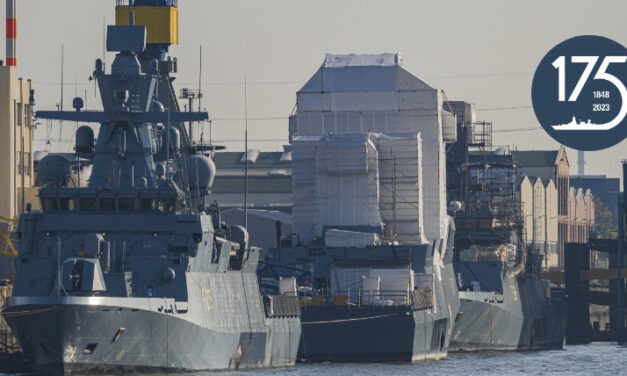
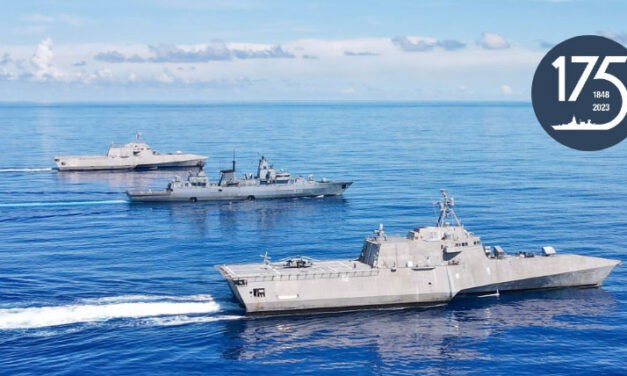
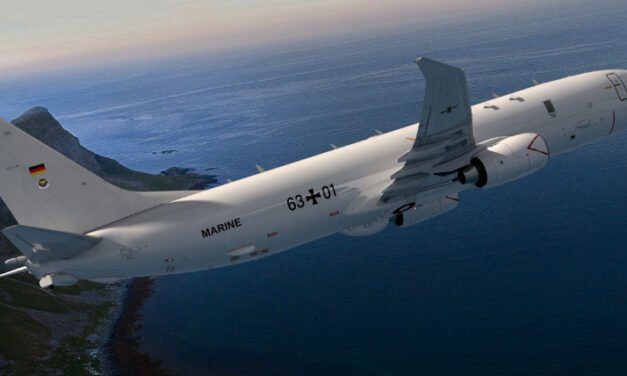
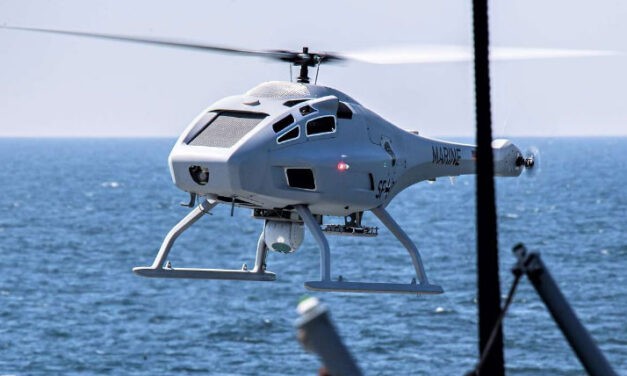
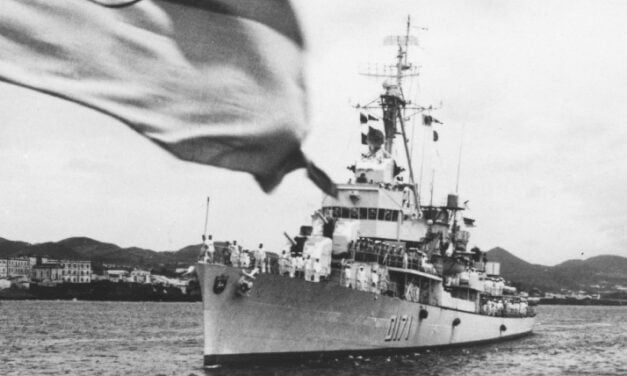
Recent Comments